The VIII Summit of the Americas is scheduled for April 13 and 14 in Lima. The topic for the gathering is “democratic governability in the face of corruption”. It seems inexplicable that Raúl Castro has been invited to the meeting. What is a dictator doing among democrats discussing democratic governance? In a contradictory act, Nicolás Maduro has been warned by the Peruvian government that he’s not welcomed to the gathering. In his article “Zafarrancho de combate en la Cumbre de Lima” (“Call to battle stations at the Lima Summit”), Carlos Alberto Montaner asks himself: “why is dictator Nicolás Maduro denied access to Peru (which is very good) but dictator Raúl Castro is issued an invitation (which is very bad)?”
But the presence of Raúl Castro in Lima could respond to a possible negotiation about Venezuela, a case in which the saying about -why speak with the monkey (Maduro) when it is possible to speak with circus owner (Raúl)- applies. We shall see: call to battle stations or negotiation.
It is not only surprising that Maduro gets turned down and Castro gets invited, but Donald Trump, a declared adversary of both (Maduro and Castro) has announced he will take part in the summit. It seems that the possibility of meeting Raúl Castro in Lima does not bother him. And if Trump speaks with Raúl, that would make the day’s headlines. Since it would be a casual encounter, he could not be accused of seeking a rapprochement with the castrista regime. Even if the North American President lands some “trumpadas” (“Trump punches”) on Raúl Castro, that would make the day’s headlines.
It could also be that there is a secret agenda to be discussed by some Latin American leaders and Donald Trump with Raúl Castro. Maybe they will tell him that cooperating with a change in Venezuela is for his own benefit, since insisting in supporting Maduro could bring negative consequences on the island’s castrista regime. Raúl Castro knows that the possibilities of a popular explosion, a military revolt or even a border conflict turning into a war, are real in Venezuela.
In other words, the Cuban government may loose Venezuela. So it would not be insane to think that Raúl would help bury its regime, including Maduro and all the drug-trafficking generals, in return for guaranteeing Castro’s government in Cuba. It would mean changing a possible failure for a probable victory, because even if the Venezuelan narco dictatorship keeps itself in power, Castrismo in Cuba is an option with no future.
Raúl Castro, like Kim Jong Un in North Korea, is looking for some guarantee from the United States that will allow for the entrenchment of a post-Castro regime managed by new-generation castristas.
The possibility that this invitation is some kind of farewell to Raúl Castro is also possible. If this is the reason, the continent’s democrats would be boosting an enemy of freedom who, along with his brother, trampled on the rights of the Cuban people for six decades and have been key in plunging Venezuela into the abyss.
Besides, they would contribute to giving credibility to the move that Raúl is stepping down and opening the way for a new generation, when he will actually continue to have total power in Cuba from his position as First Secretary of the Central Committee of the Communist Party of Cuba, which means the country’s top political figure, as the USSR Communist Party Secretary General always was.
In conclusion: What is the reason behind Raúl Castro’s possible presence in Lima?
By Huber Matos Garsault, president of Fundación Huber Matos
Article in La Nueva República edicion 223 A

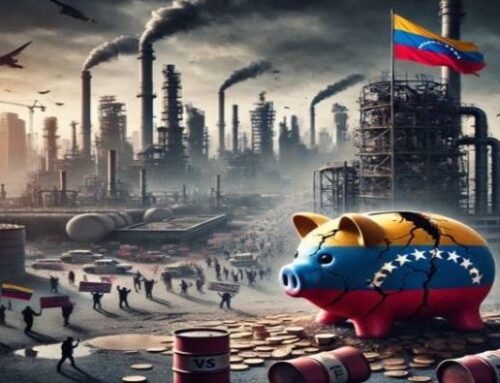
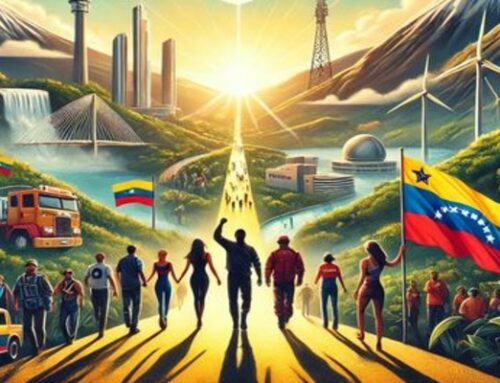
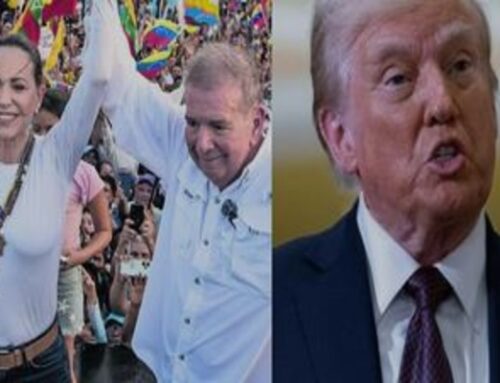
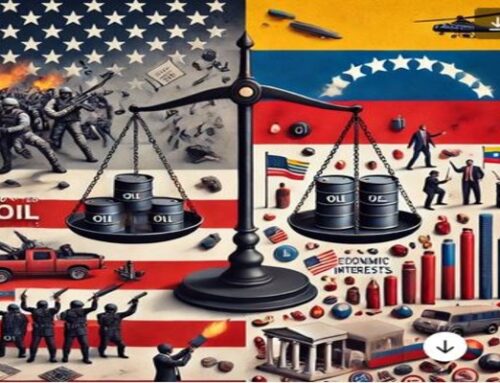
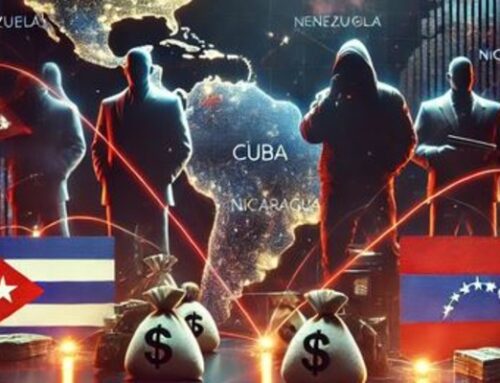
Deja tu comentario